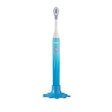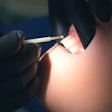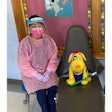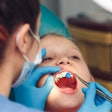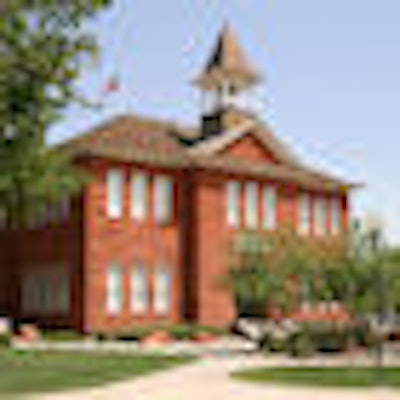
Rules published this week by the Louisiana State Board of Dentistry would require mobile dentists to talk to children's guardians before treating them.
The board drafted the rules after a heated debate in the Louisiana Legislature over a bill to ban most dentistry in schools. The bill, written to the specification of the Louisiana Dental Association (LDA), was amended multiple times until it finally morphed into a requirement for the board to draft regulations on mobile dentistry.
Under the regulations, mobile dentists (who bring complete operatories with them on wheels) and portable dentists (who set up temporary operatories with portable equipment) would have to be licensed in Louisiana and could not be employed by out-of-state companies. They would have to comply with state and federal health and safety regulations.
But perhaps the biggest change is a requirement that states: "Before treatment begins, there must be a documented personal or telephone contact by the dentist, hygienist, or trained dental assistant to review the patient's medical history and provide a description of all proposed treatments and the potential negative consequences of each procedure."
The dentist would also have to document that the patient or guardian understands that treatment could affect future reimbursement through Medicaid, which limits how many times per year it will pay for various dental services.
Gregory Folse, D.D.S., whose work in Louisiana schools triggered the debate about mobile dentistry, did not respond to requests for comment on the draft regulations. In an earlier conversation, he noted that many parents are difficult to reach by phone.
The public can weigh in on the regulations until October 10, and anyone who wants a substantial change can ask for intervention from an oversight committee in the Legislature. If no changes are made, the rules will become final December 20, 2010.
Ward Blackwell, executive director of the LDA, said the organization had not yet determined whether it would seek revisions to the regulations. He provided a written statement that reads, in part, "We recognize that there is a range of options and opinions regarding how best to address safety and access issues, and that the Board has made a good faith effort to strike an appropriate balance on these issues."
A handful of stationary clinics and mobile dentists have treated children in Louisiana schools for years. But the practice became controversial after the Louisiana legislature voted to increase Medicaid reimbursement for dentists to 70% of usual and customary fees. The increase made viable for Dr. Folse something he had long wanted to do, he said: treat underserved children in schools. Hundreds of thousands of Louisiana children have not been seen by a dentist within the past year, according to testimony before the Legislature this summer.
Dr. Folse had previously attracted national attention for his work in Louisiana nursing homes, where he learned how to set up operatories in unconventional settings. He hired 15 dentists for his Big Smiles company and struck agreements with several Louisiana schools.
But the move caught the attention of some within the LDA who noticed that Dr. Folse had contracted with an out-of-state company, ReachOut Healthcare America, to handle some of his company's paperwork. They worried that out-of-state companies would swoop into Louisiana schools and bill Medicaid for exams and preventive services, but not follow up in treating any disease they found, and that this "cherry picking" would limit what services Louisiana dentists could bill to Medicaid if they treated these patients in the same year.
The LDA drafted H.B. 687, which sought to bar school dentistry except for fluoride treatments, cleanings, and exams when offered for free, or sealants applied by either of two state-run universities.
During weeks of debate this summer, proponents of the bill argued that school dentistry was unsanitary and that patients should only be treated in dental offices. Dr. Folse responded that many parents couldn't, or wouldn't, take kids to the dentist.
Copyright © 2009 DrBicuspid.com













